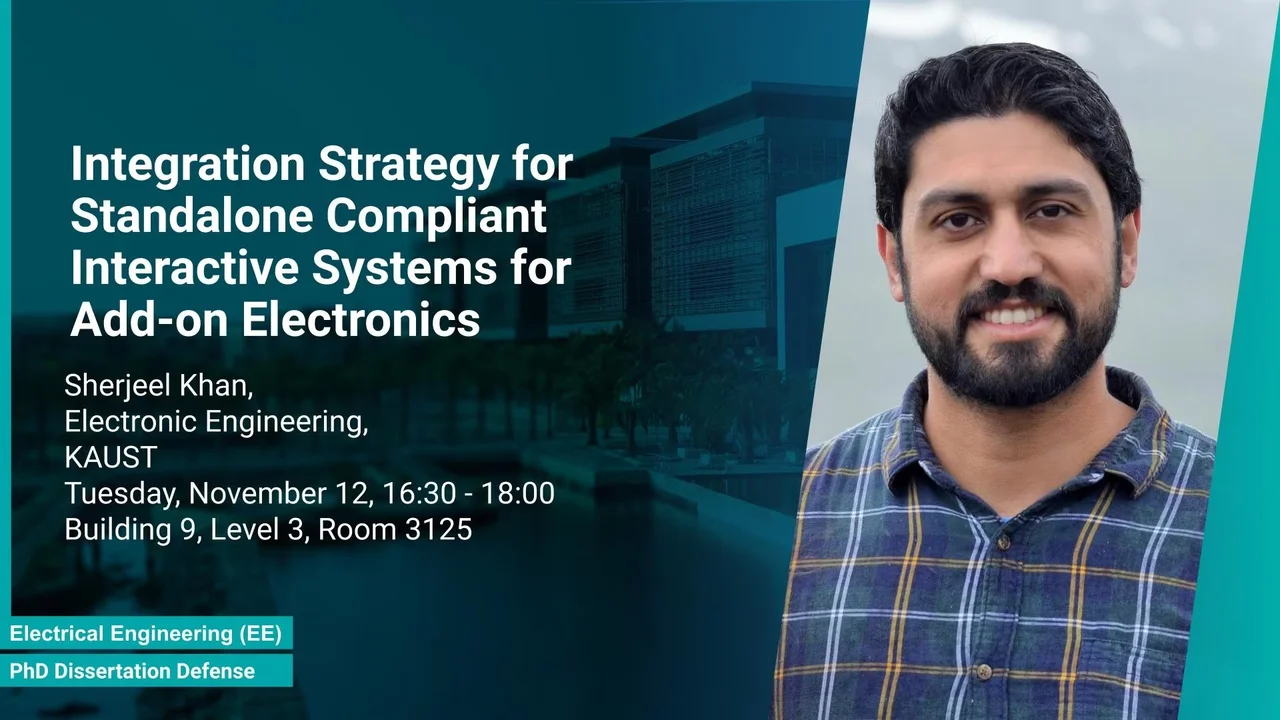
Integration Strategy for Standalone Compliant Interactive Systems for Add-on Electronics
Physically compliant electronics are scientifically intriguing, mechanically complex, technologically challenging but with huge socio-economical potential. Until now the target applications for flexible electronics have been limited to displays, solar cells, printed batteries, wearables, and implantable. However, with the emergence and growth of Internet of Things (IoT) devices worldwide from nearly 27 billion in 2017 to 125 billion in 2030, in this PhD research, expanding the horizon of applications for flexible electronics toward existing “things” will be explored. Low-cost sustainable materials as active electronic materials and a Do-It-Yourself (DIY) integration strategy is used to build “Add-on” standalone sensory system which can be attached to any existing things like a decal. Such electronics can also be embedded in newly minted devices specially using additive methods.
Overview
Abstract
Physically compliant electronics are scientifically intriguing, mechanically complex, technologically challenging but with huge socio-economical potential. Until now the target applications for flexible electronics have been limited to displays, solar cells, printed batteries, wearables, and implantable. However, with the emergence and growth of Internet of Things (IoT) devices worldwide from nearly 27 billion in 2017 to 125 billion in 2030, in this PhD research, expanding the horizon of applications for flexible electronics toward existing “things” will be explored. Low-cost sustainable materials as active electronic materials and a Do-It-Yourself (DIY) integration strategy is used to build “Add-on” standalone sensory system which can be attached to any existing things like a decal. Such electronics can also be embedded in newly minted devices specially using additive methods.
Brief Biography
Sherjeel Khan did his Bachelors in Mechatronics Engineering from National University of Sciences and Technology (NUST) Islamabad, Pakistan in 2013. After graduation, he worked as a Design Engineer in a Pakistan-US based startup Cowlar©. He then availed his Master’s degree in electrical engineering from Georgia Institute of Technology, USA in 2016 under Fulbright Scholarship. He has been a PhD student with Professor Muhammad Mustafa Hussain at KAUST since 2016. His research work is focused on making low-cost eco-friendly sensing solutions for healthcare based applications.